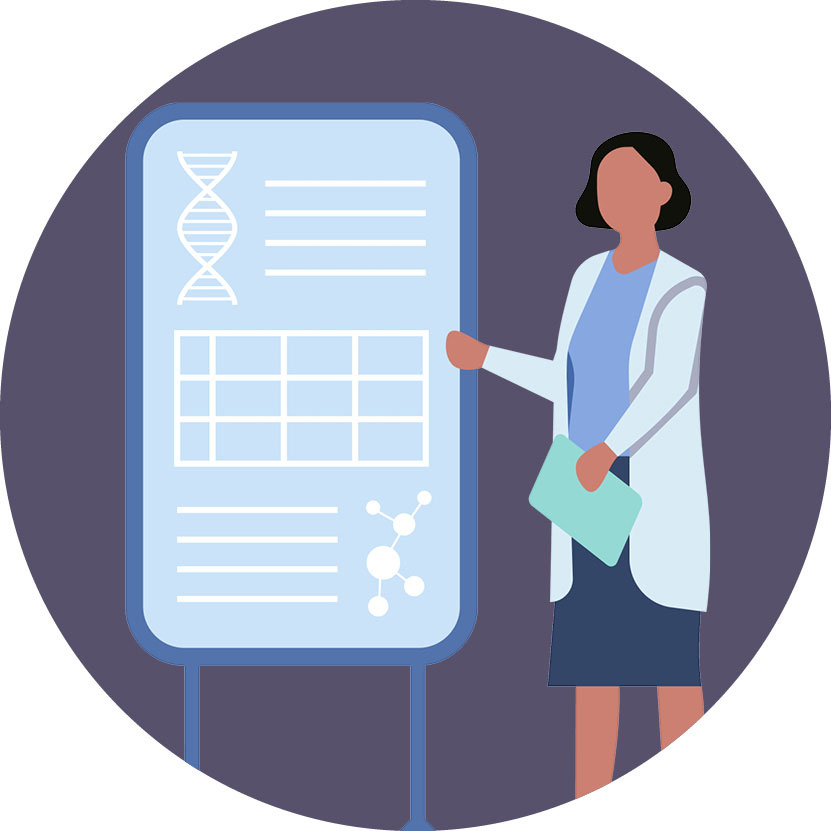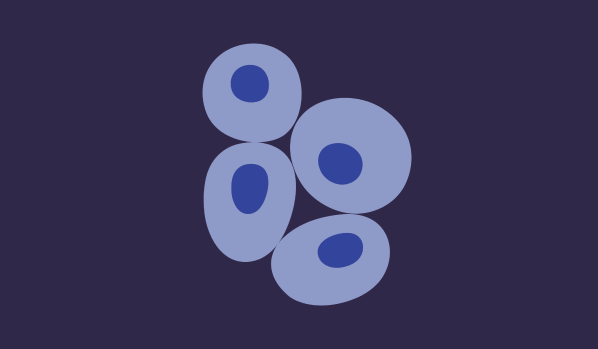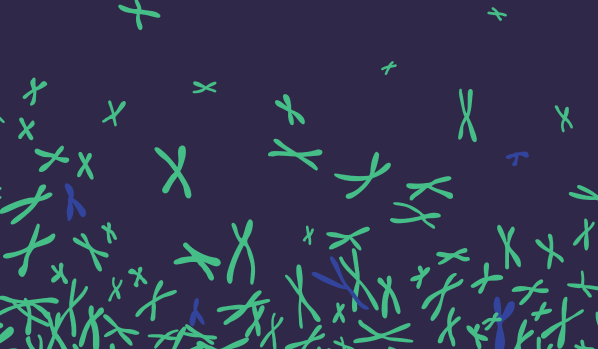Genes and disease
Sometimes people inherit gene variants in one gene that can have a big impact on how the gene functions and produces proteins leading to disease.
These diseases are called “monogenic diseases” and the gene variants that cause them are rare. Cystic fibrosis is a disease where the small hair cells in your lungs don’t work properly, and is caused by a single gene variant. Only 1 in 300 people carry the cystic fibrosis gene variant. People who come from families with related parents are more likely to have monogenic disease.
Most diseases, like type 2 diabetes, cardiovascular disease and depression, are caused by the combined effects of multiple gene variants, along with the environment you have lived your life in, and your lifestyle. In these “polygenic diseases”, the impact of each gene variant is usually very small, but together they can add up to something more significant.
More to learn
Gene variants differ by a person’s genetic ancestry (the biological line that they and their ancestors come from) and this makes it really important to include people from different ancestry groups in research. South Asians make up 23% of the world’s population, but less than 1% of the participants in genetic studies.
Studies like Genes & Health are trying to give scientists and doctors more information about gene variants in South Asians so that they can understand, prevent, diagnose and treat disease better in people from these communities.













